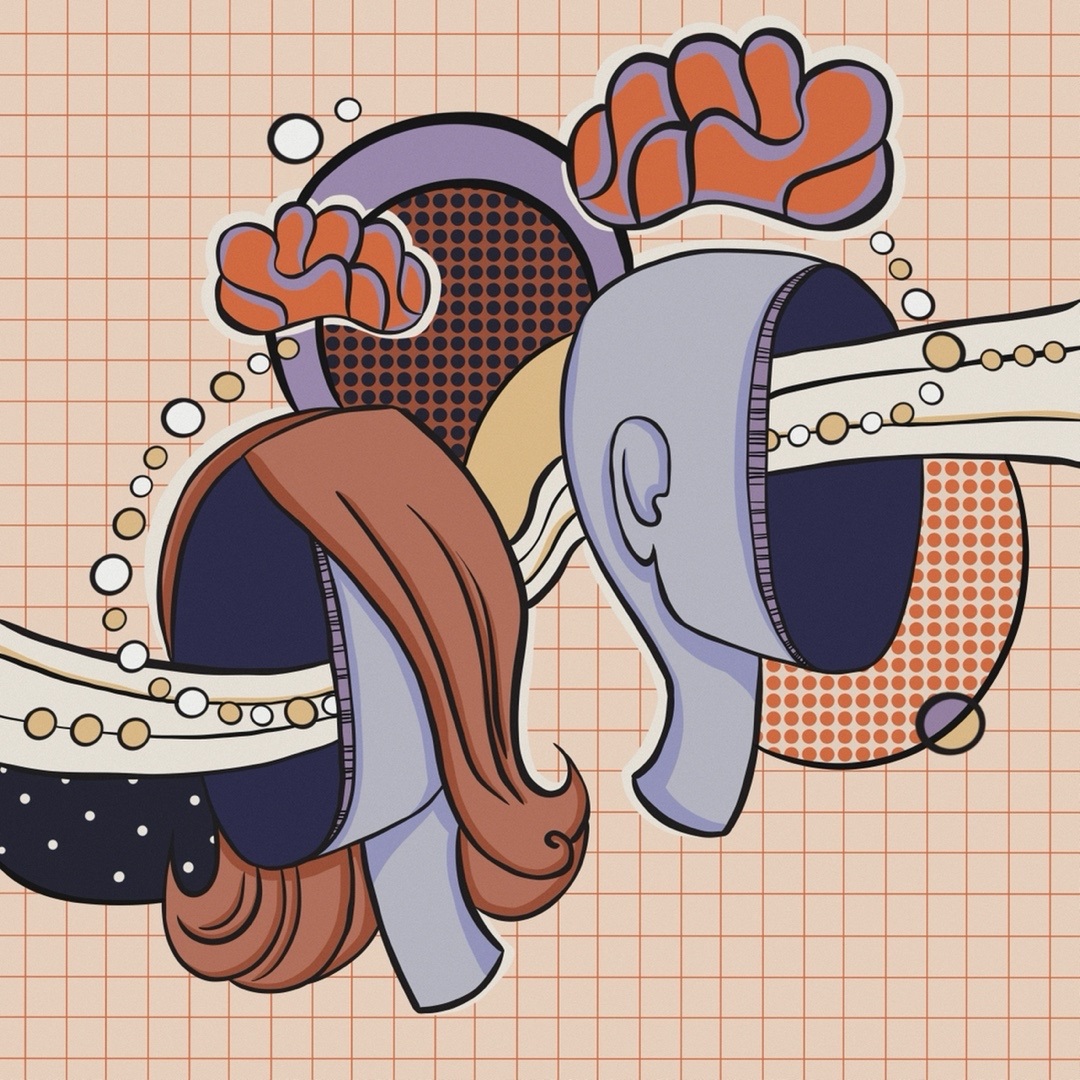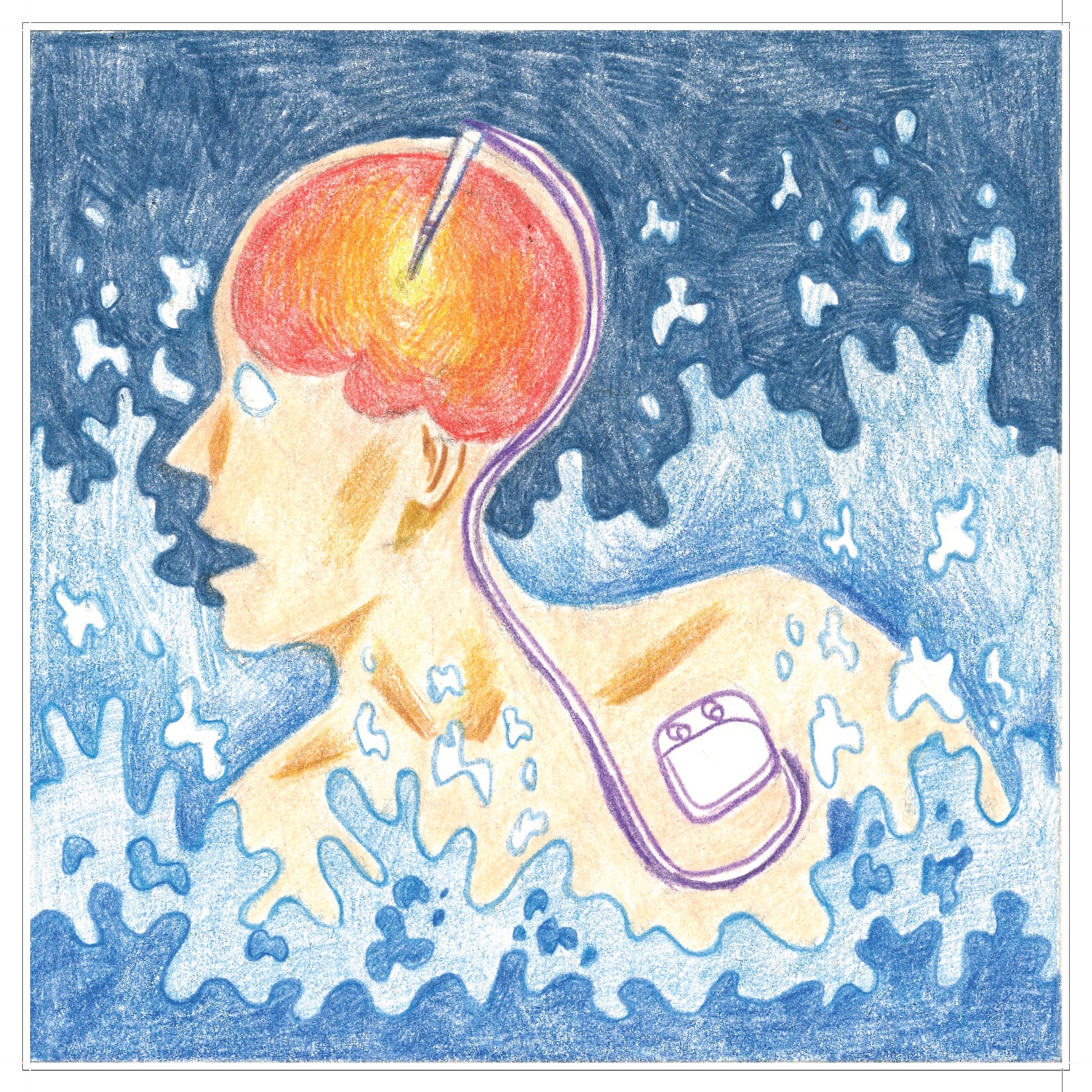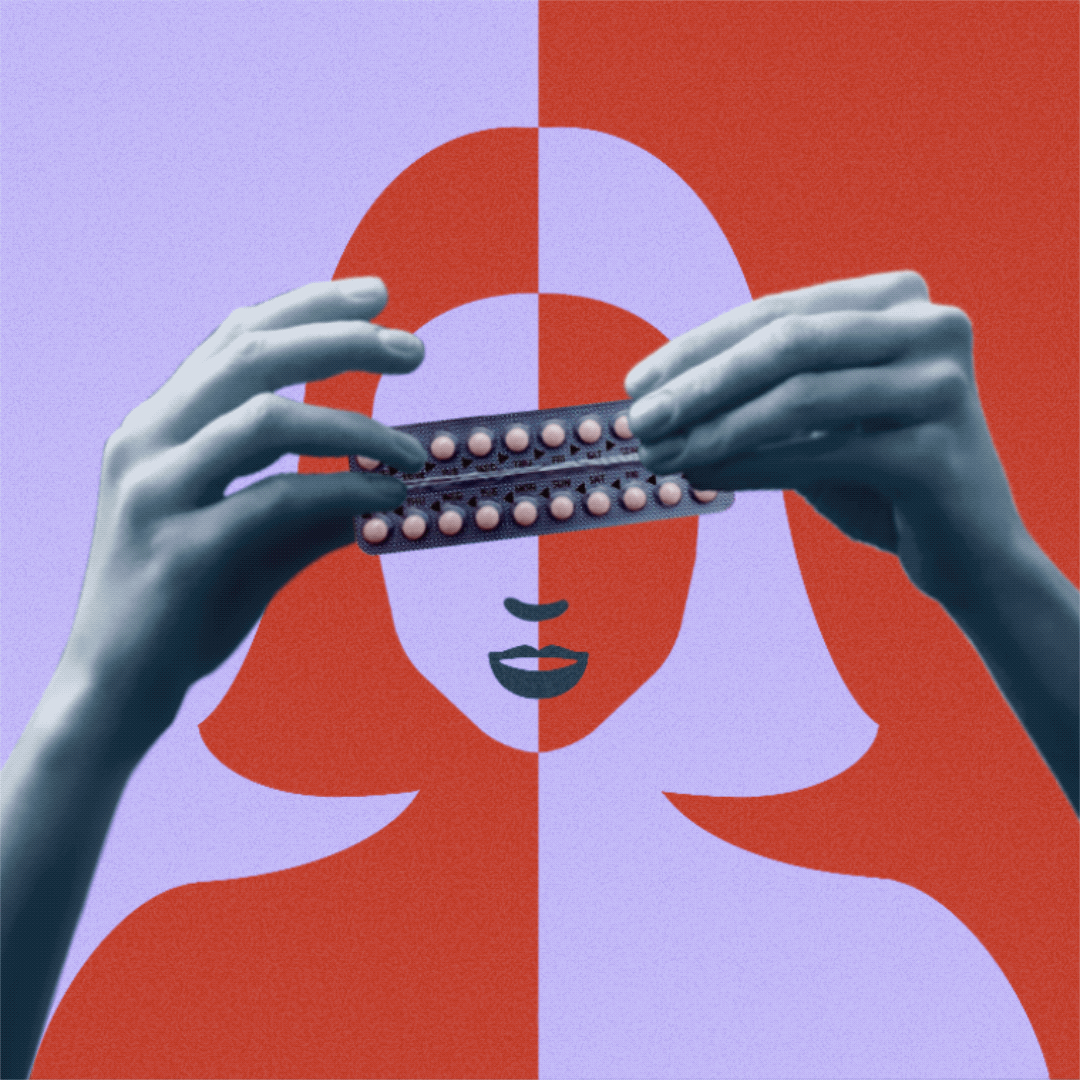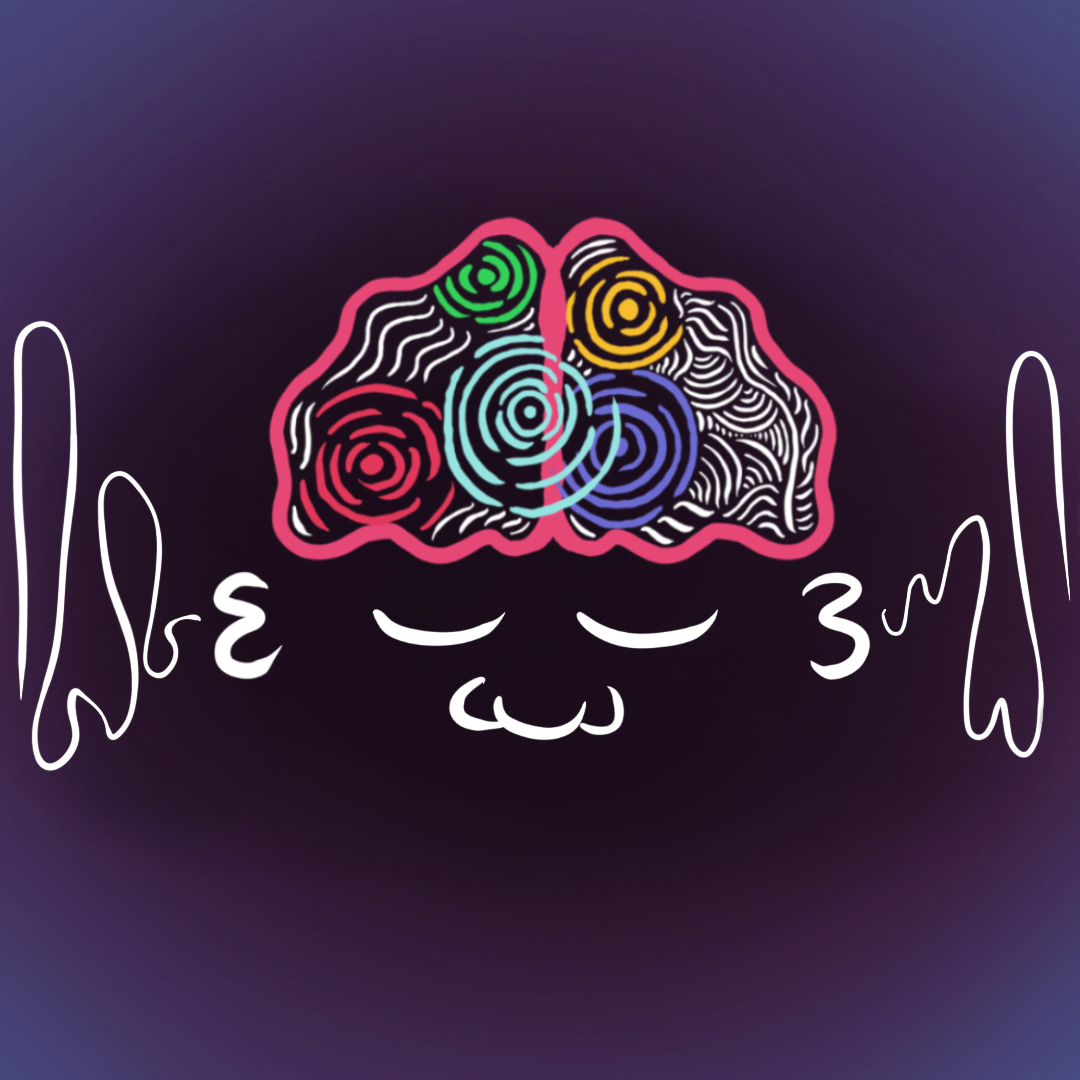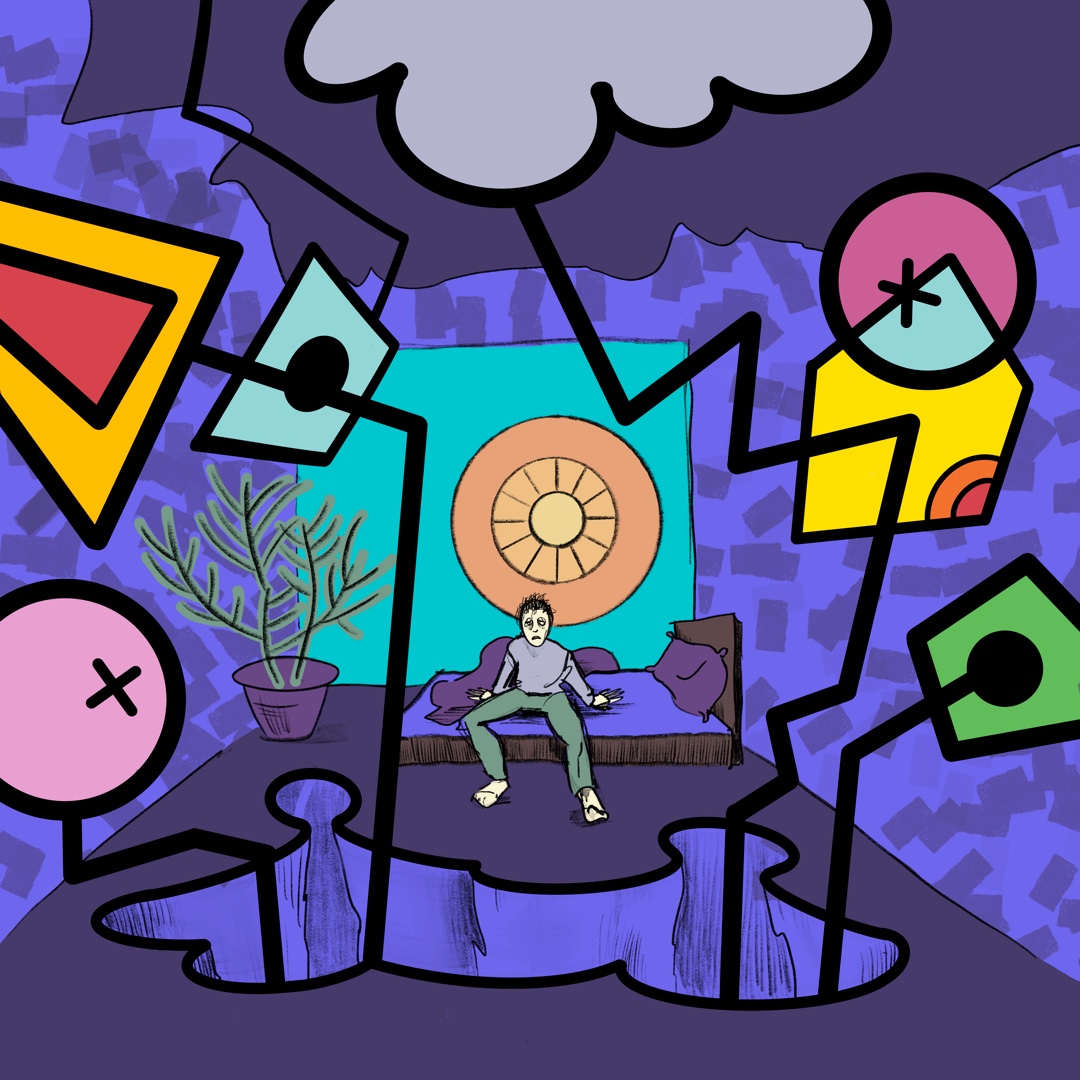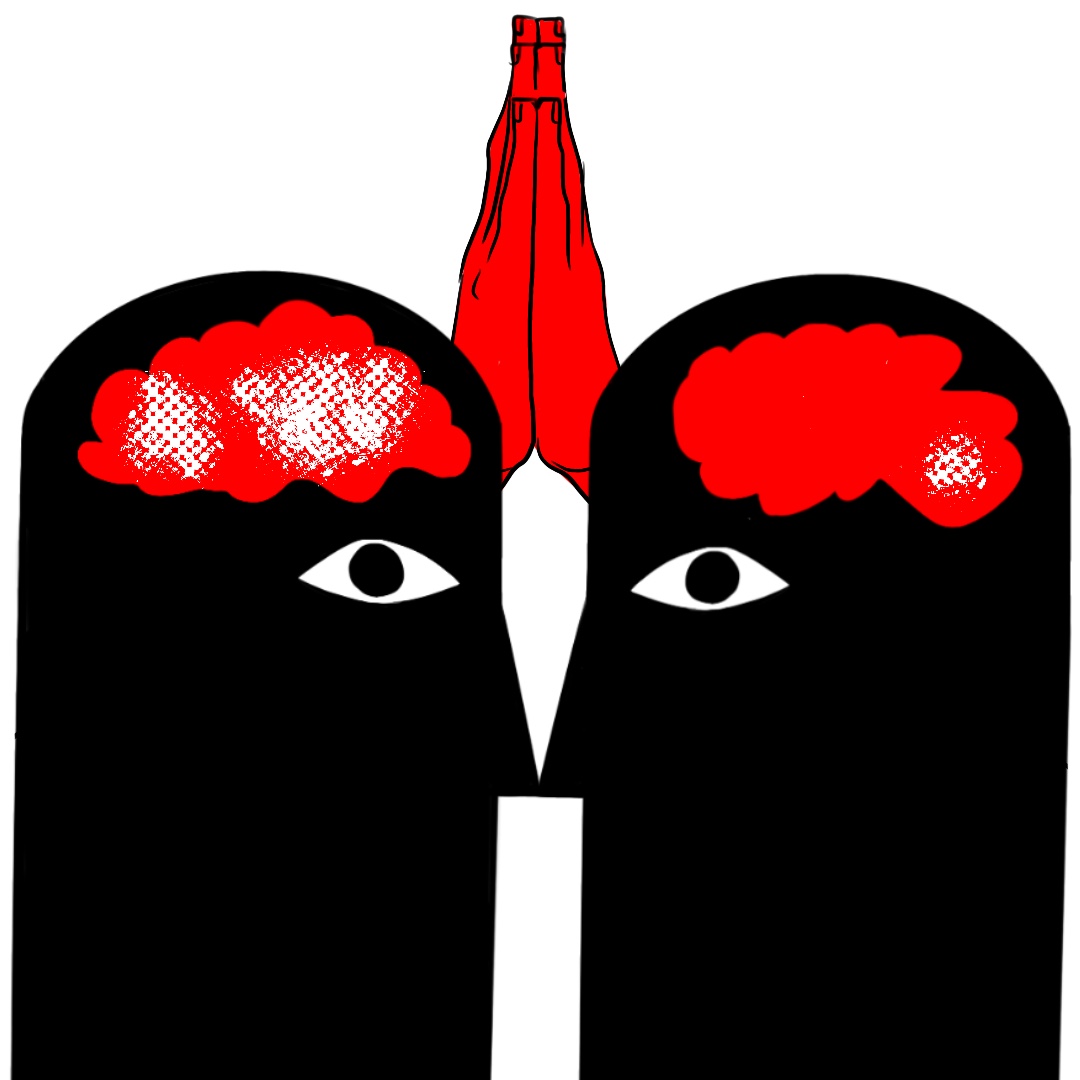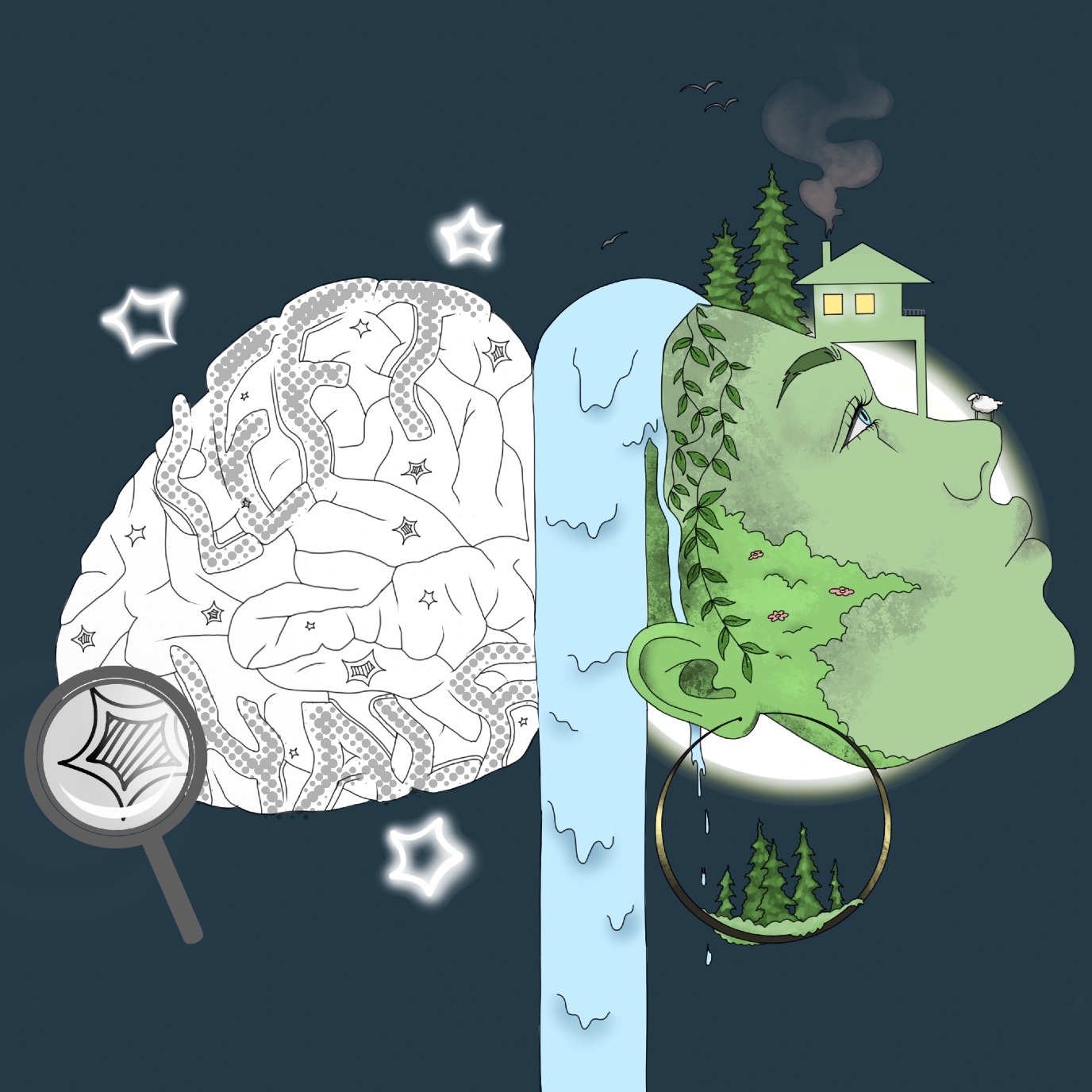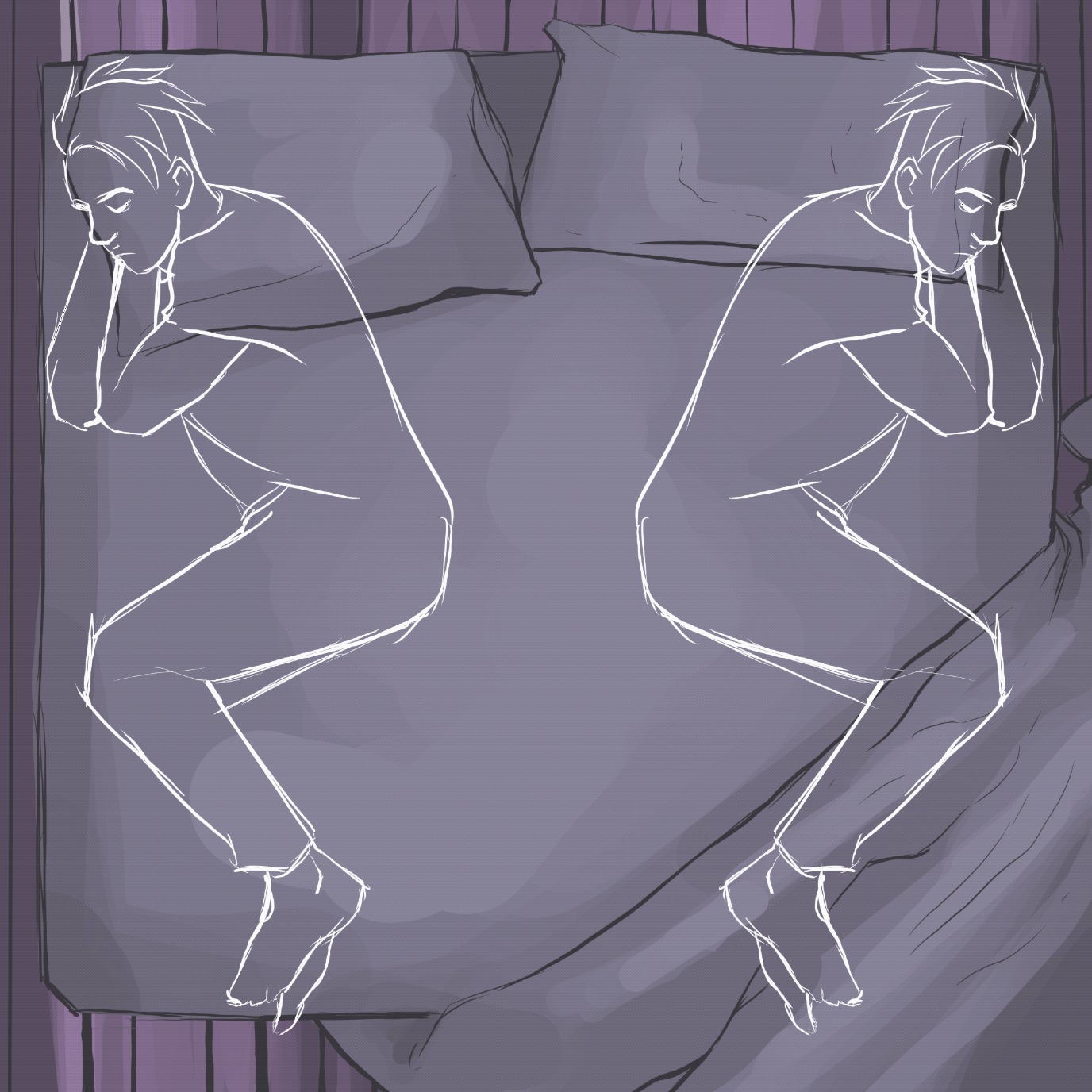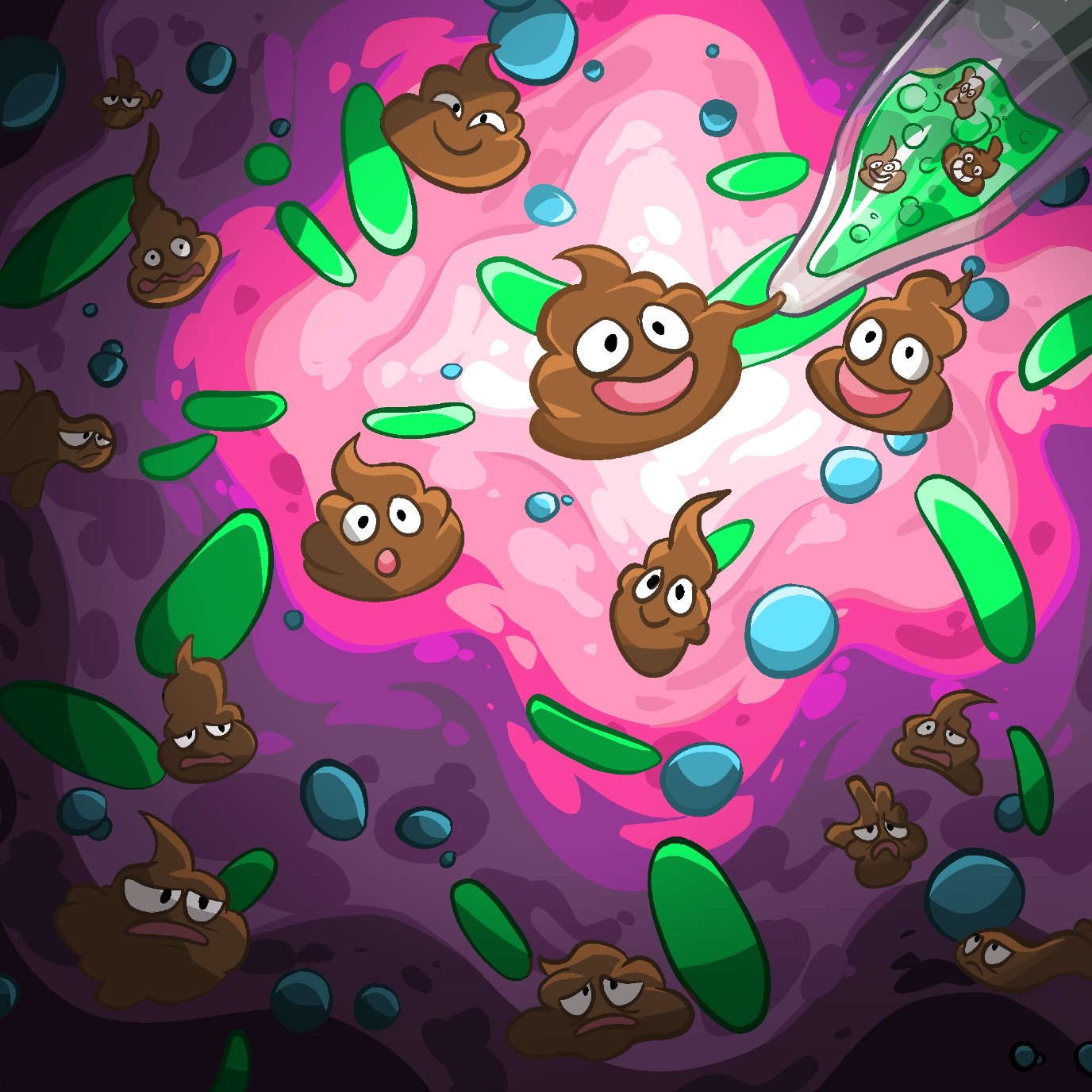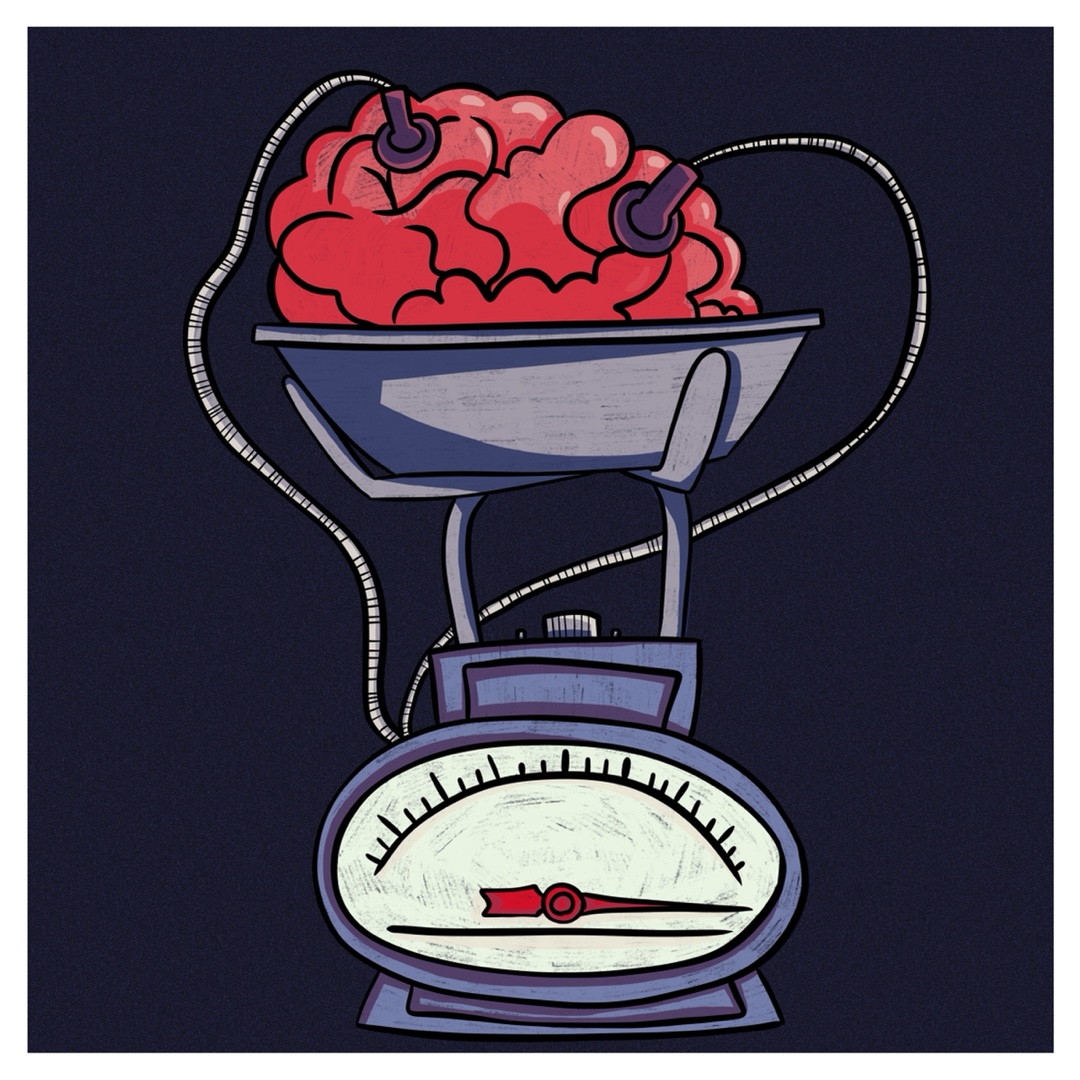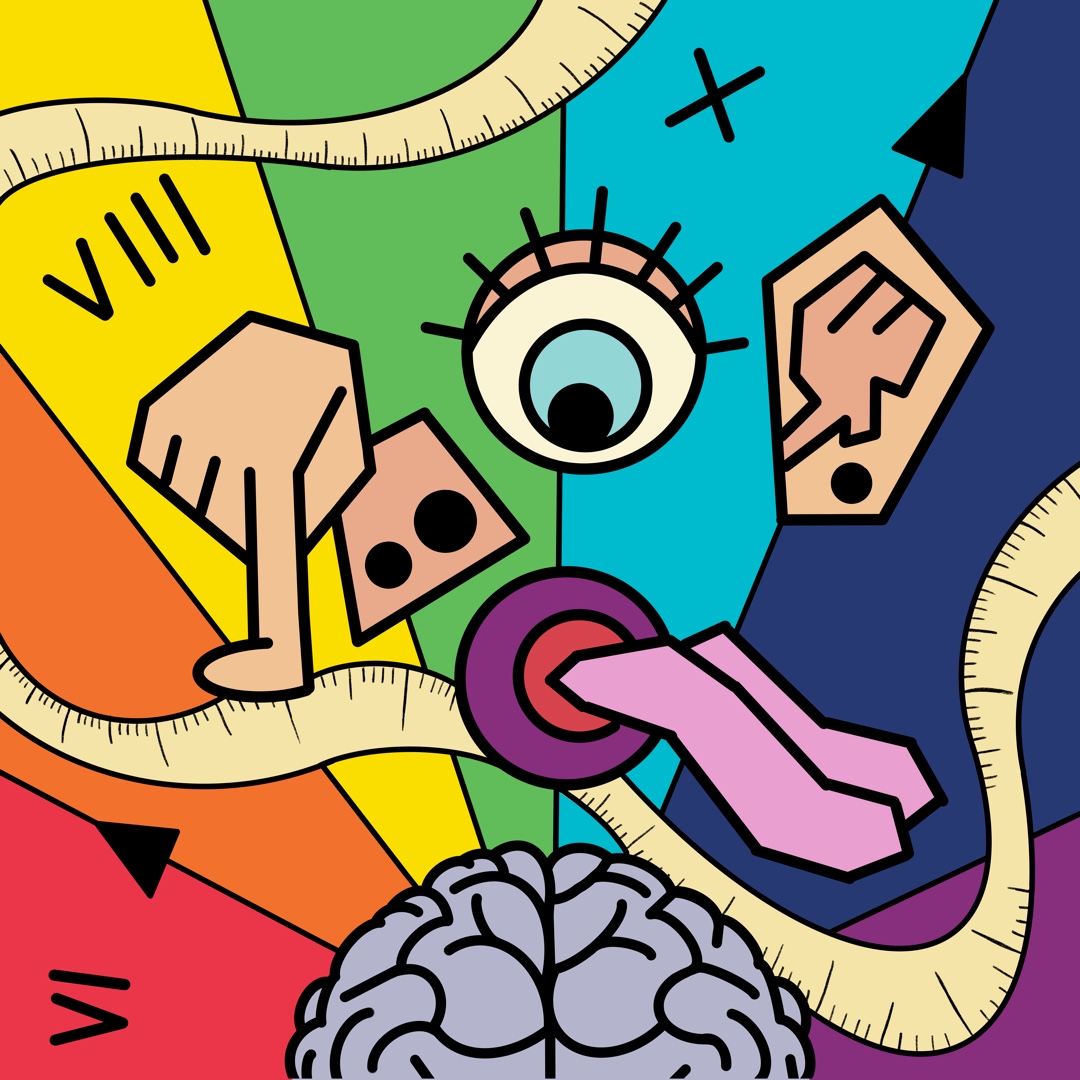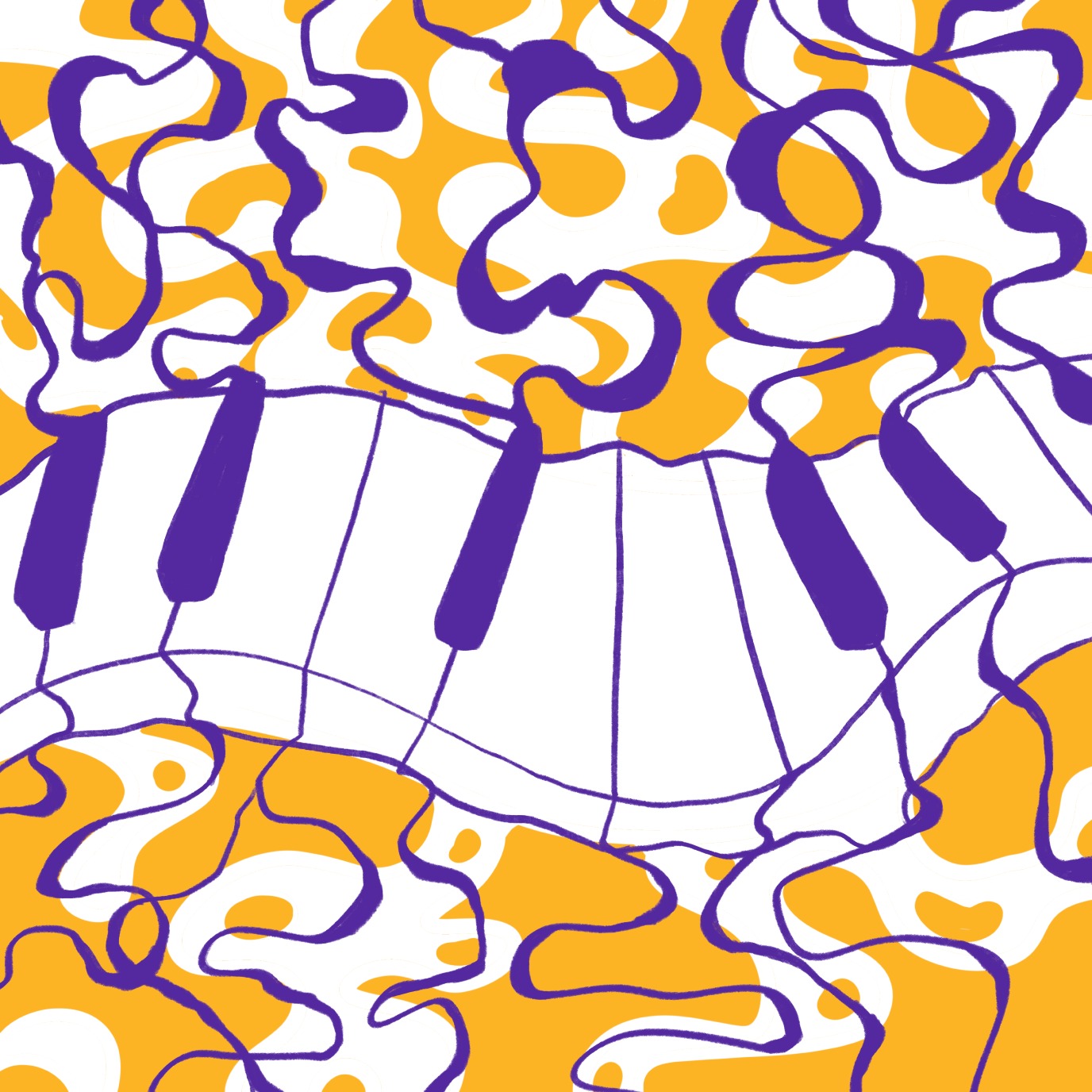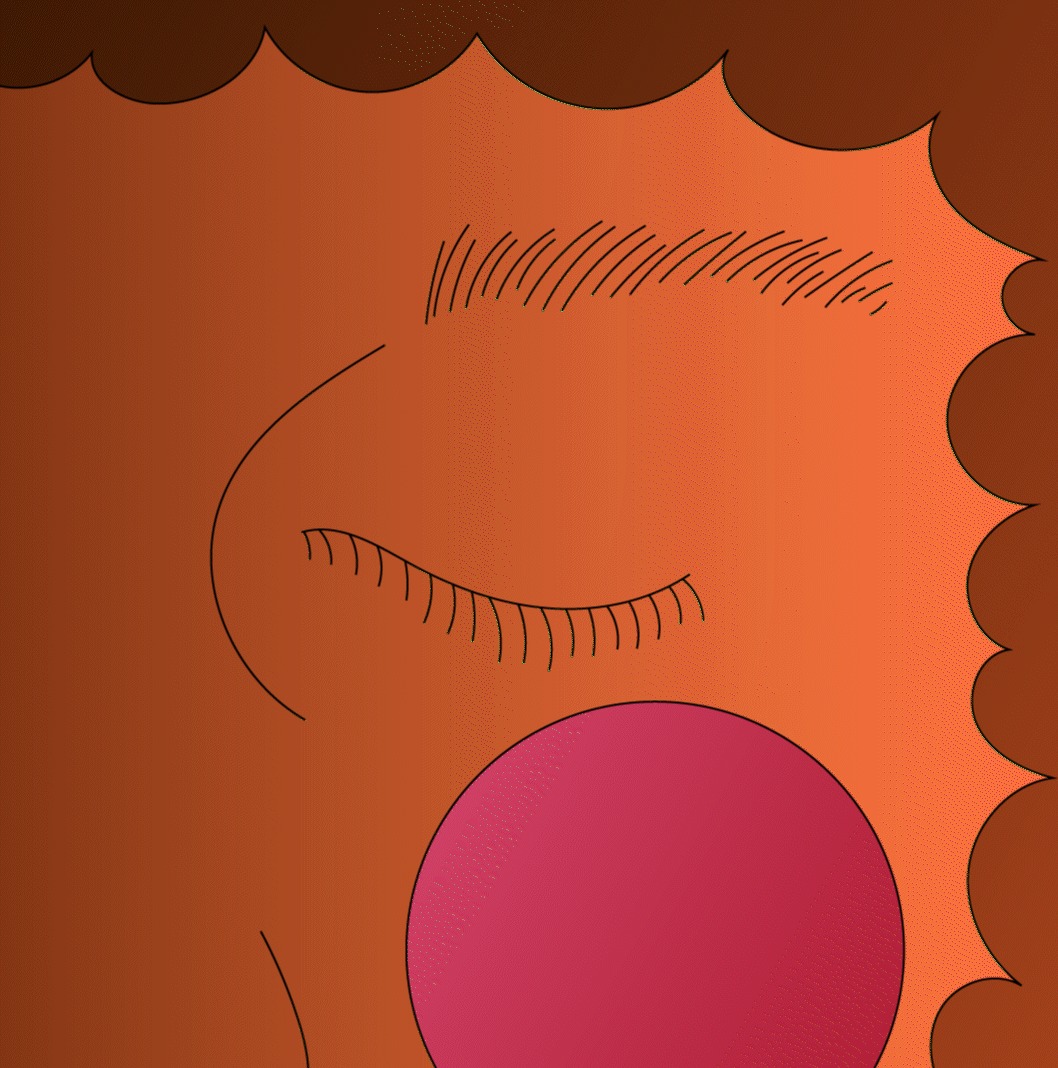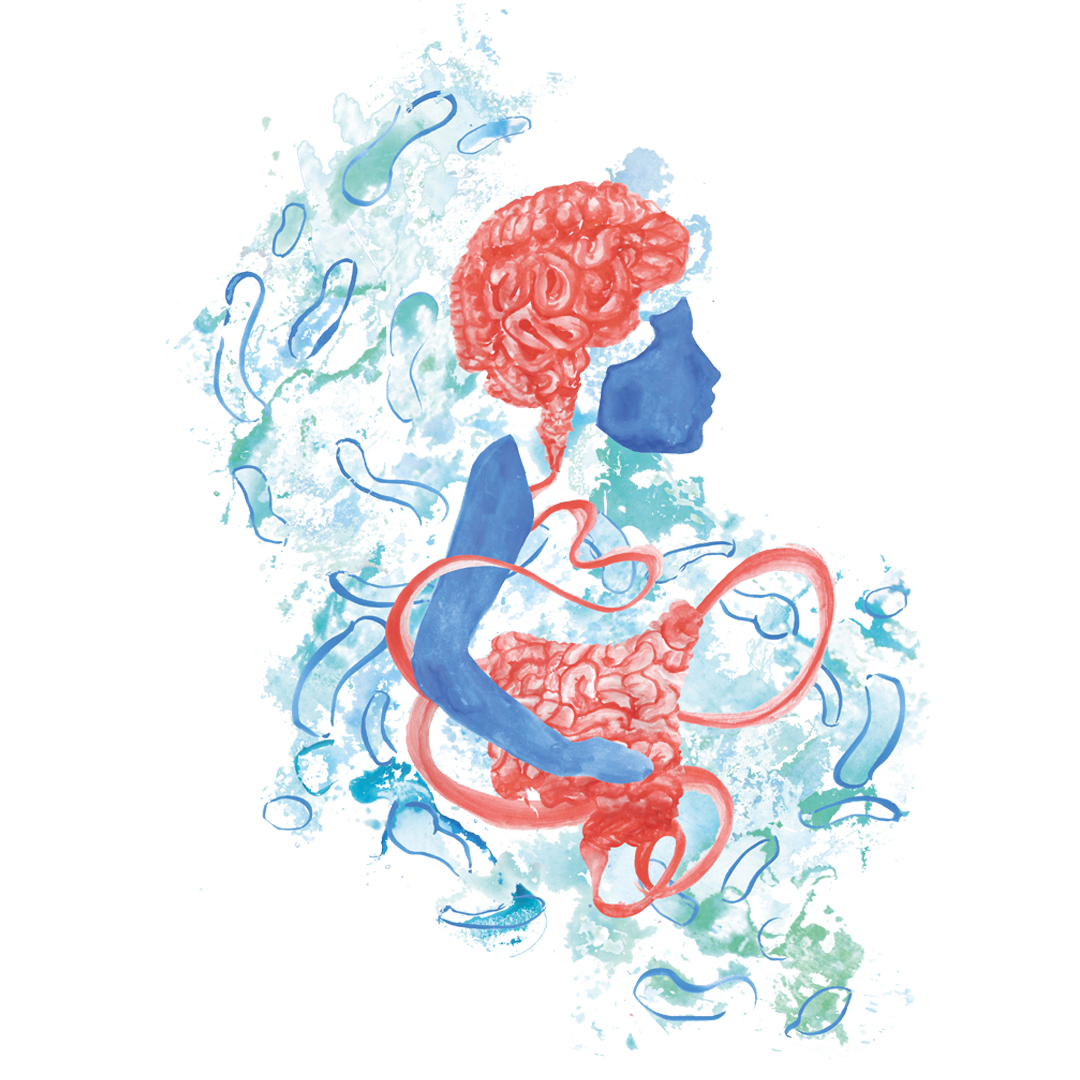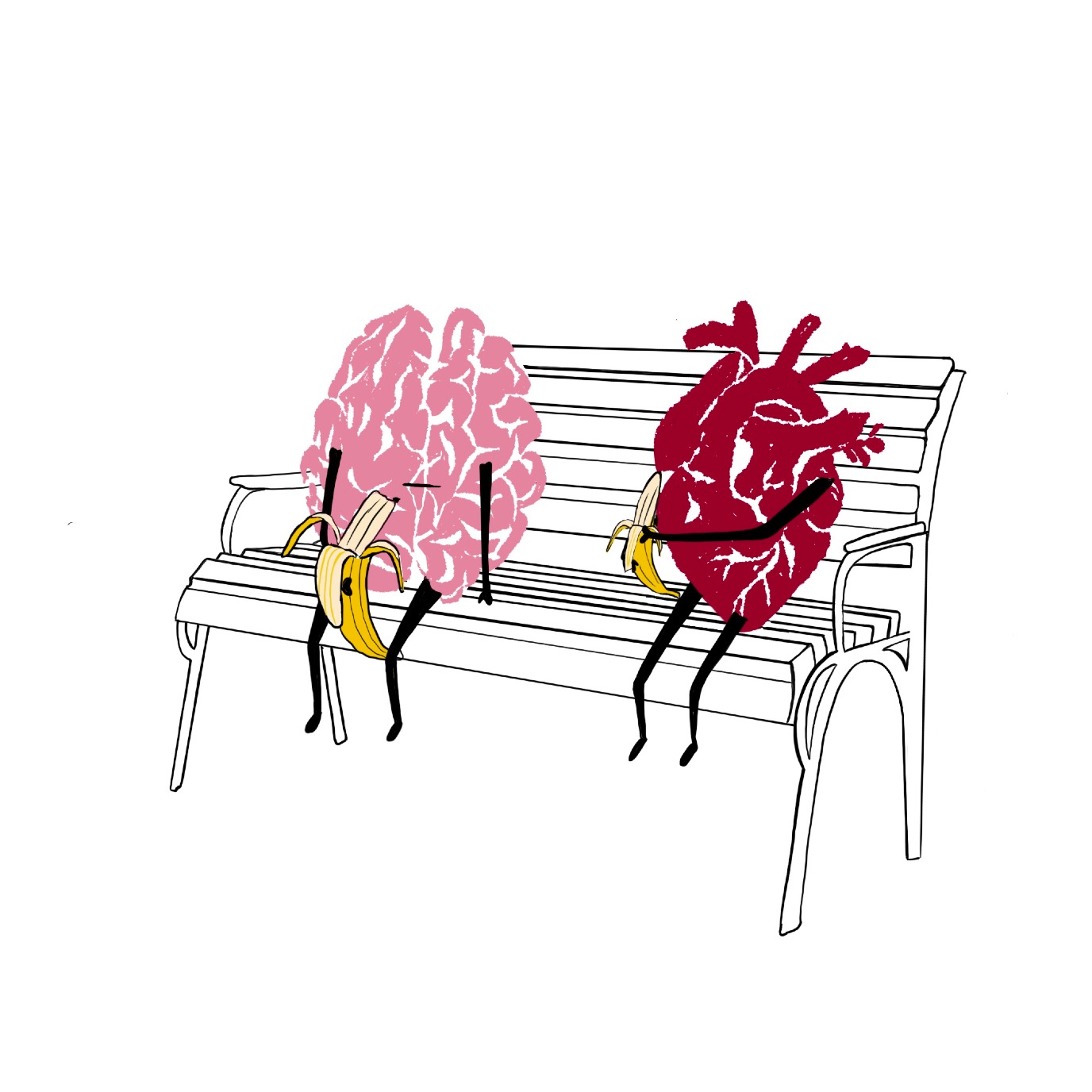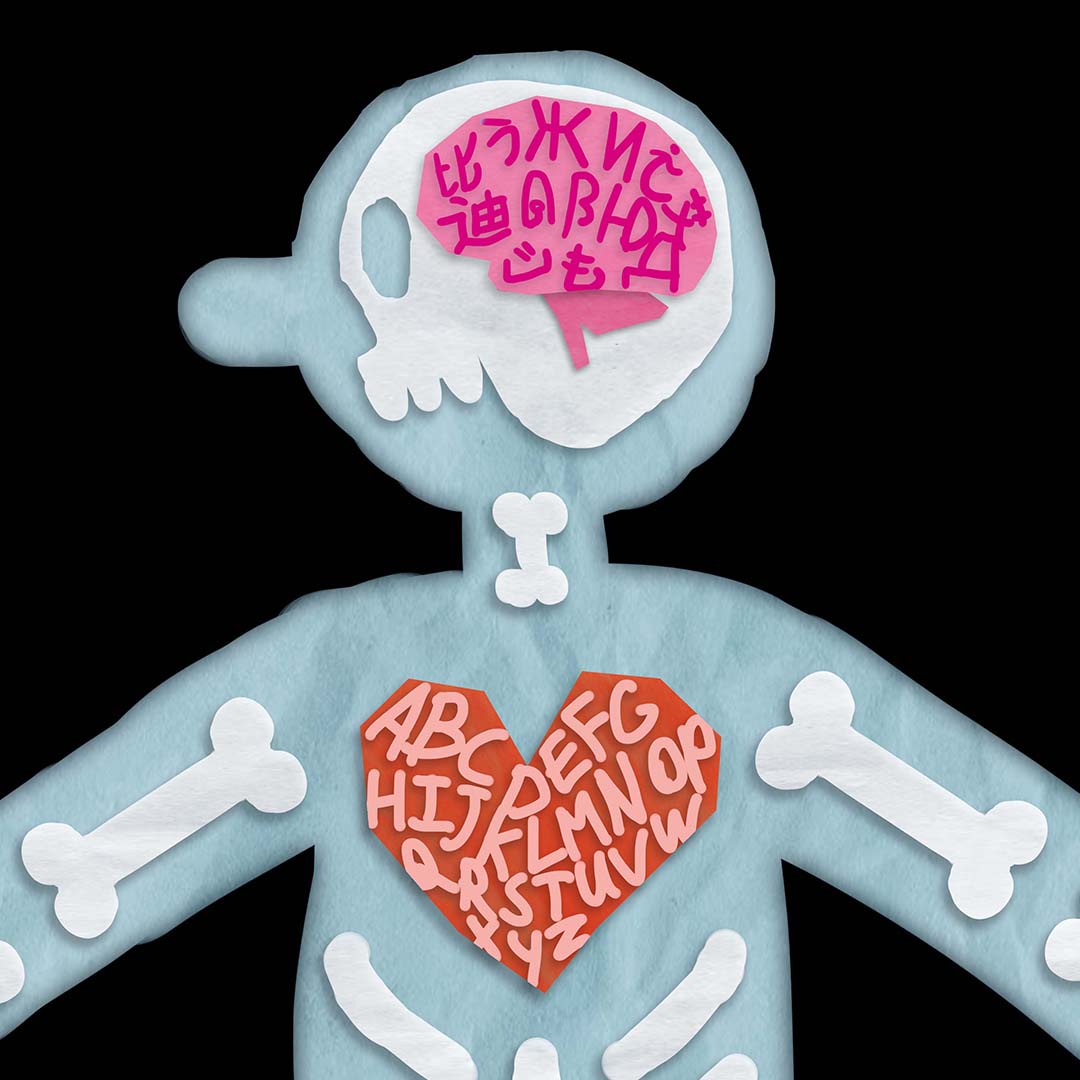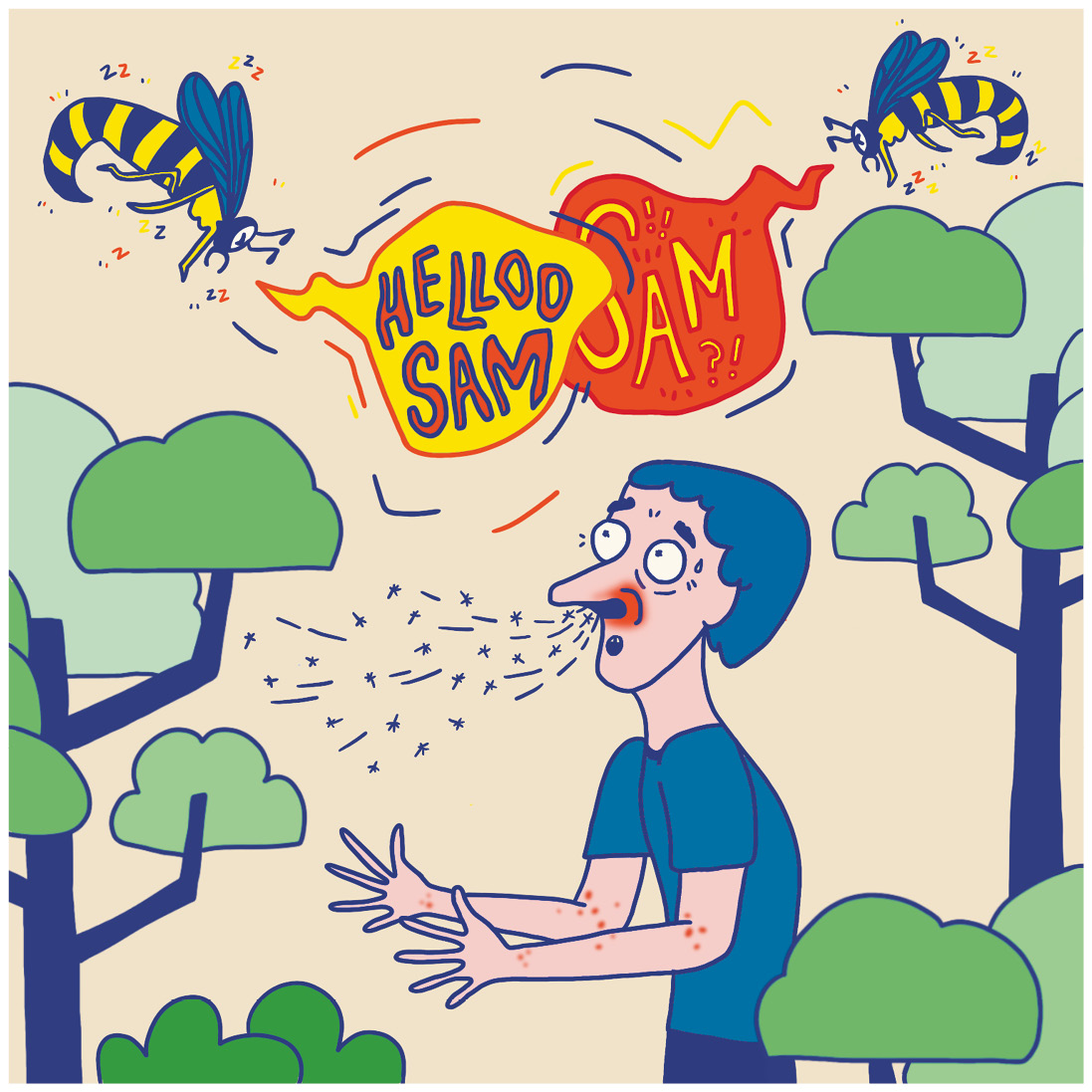Science on Wednesday
Aims to amaze, educate, and fascinate you with the art of brain research! This is a collaboration between BCN and Academy Minerva and currently on display at the University Museum Groningen.
Students of Art Academy Minerva created artworks to accompany neuroscientific findings which were provided by neuroscientists of the University of Groningen and the University Medical Centre Groningen. Their translation makes the dusty science lively and appealing. Science on Wednesday aims to marvel you, to learn and fascinate you about the beauty of neuroscience.
Science on Wednesday is a collaboration between the University of Groningen, University Medical Centre Groningen, Academy Minerva, and the University Museum Groningen. The project is funded by the Gewaardeerd! Fund of the Royal Netherlands Academy of Arts and Sciences.
We mind-wander almost half of the time
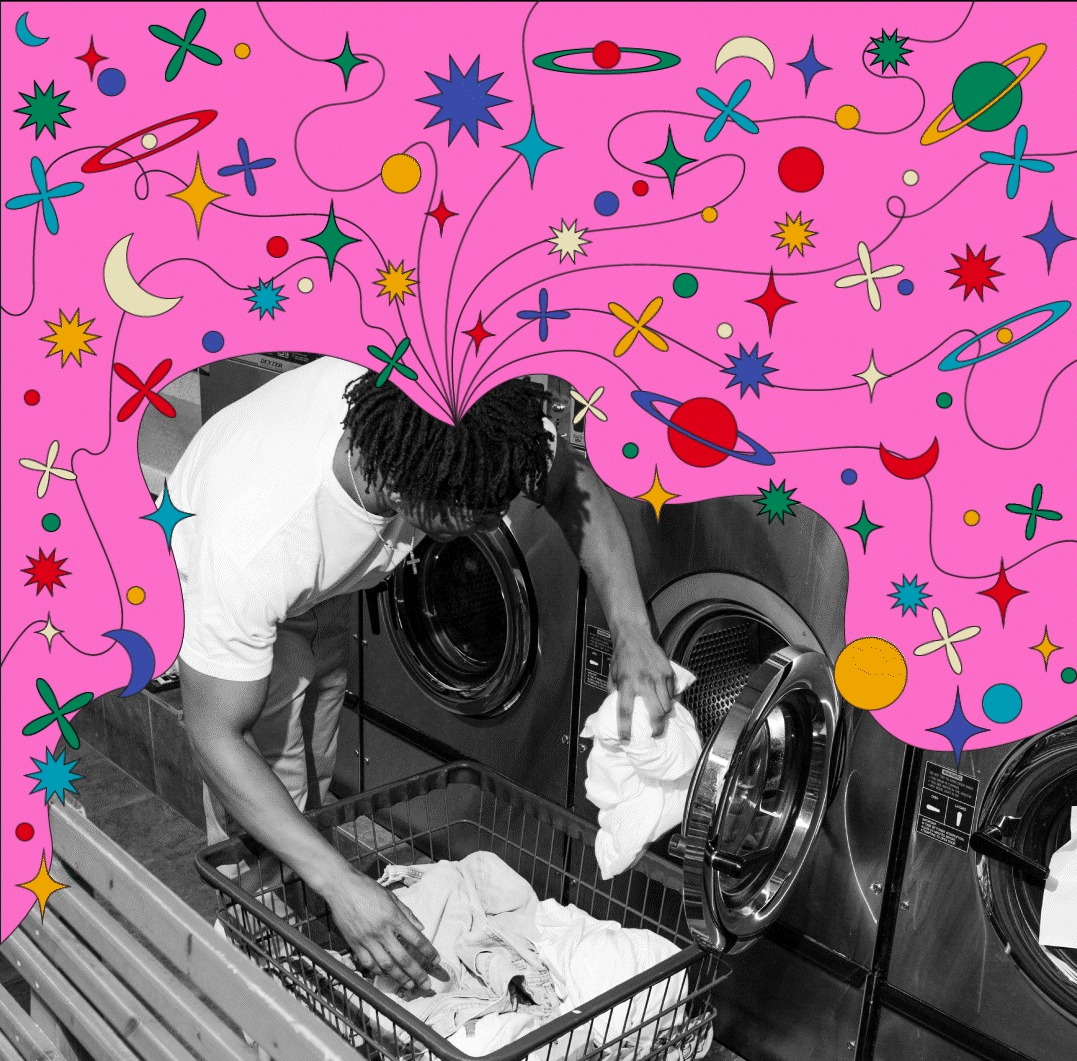
When people have to do a boring task, they drift off with their thoughts about half of the time. This was shown in an experiment where people were asked every minute what they were thinking about. It shows how often we mind wander while doing something.
Want to read more?
Those who wake up frequently during the night, hallucinate more often
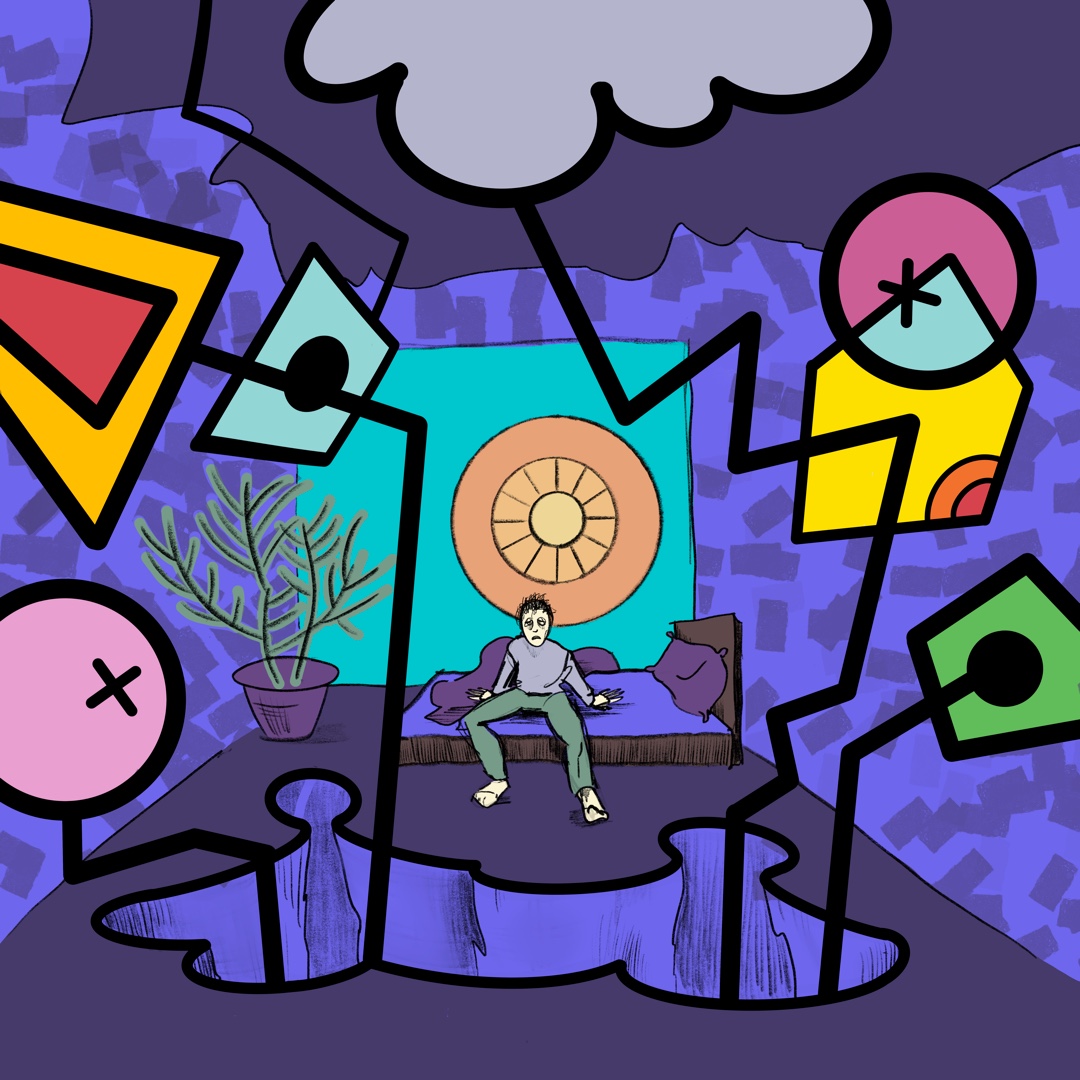
People who sleep fragmented are at a higher risk of experiencing hallucinations. These hallucinations are not limited to nighttime but also happen during the day. This result was presented by an online study involving a large group of the Dutch population.
Want to read more?
What is good for your heart, is good for your brain
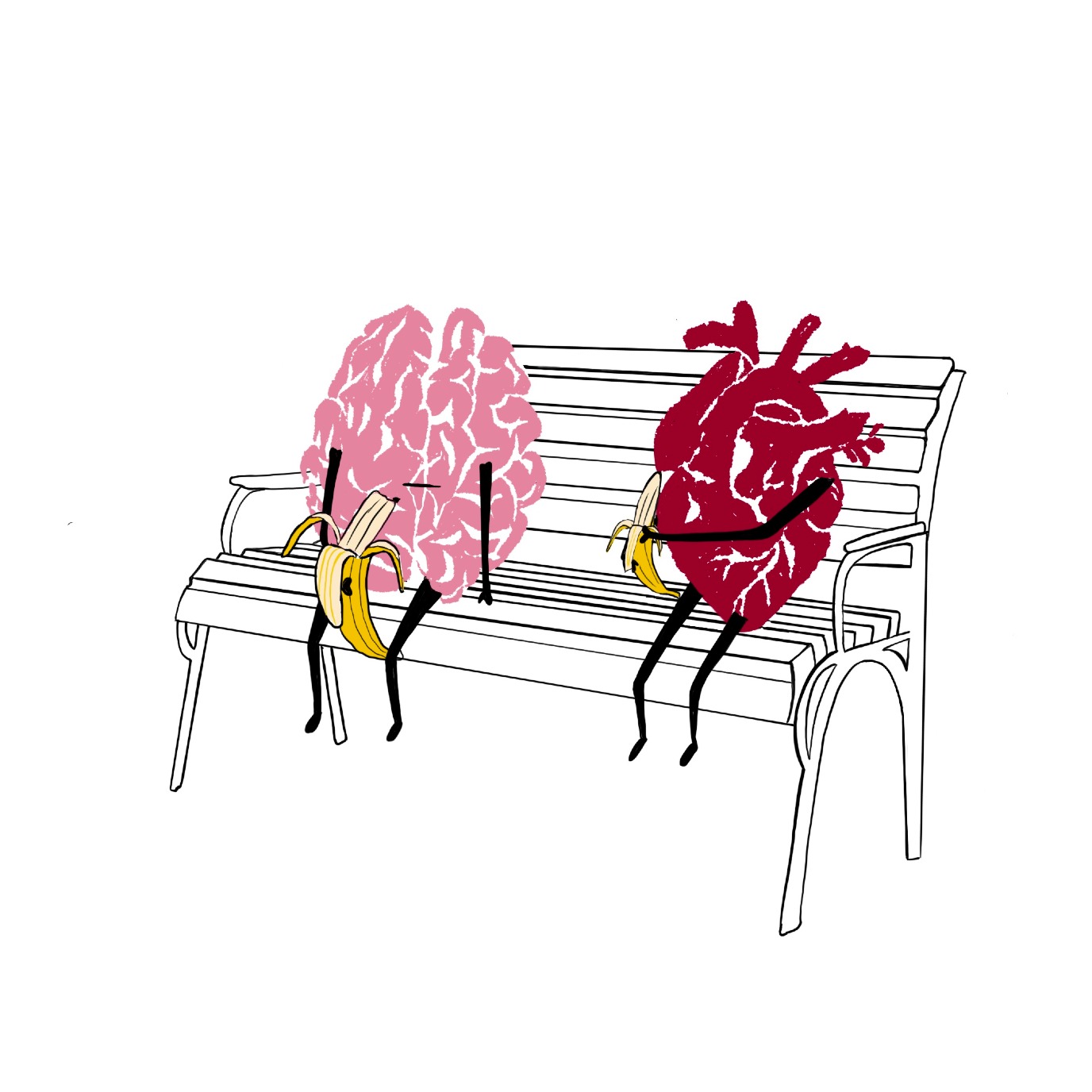
People with cardiovascular diseased are at a higher risk of dementia and cognitive problems. That is why a healthy heart likely contributes to a healthy brain.
Want to read more?
Science on Wednesday Team
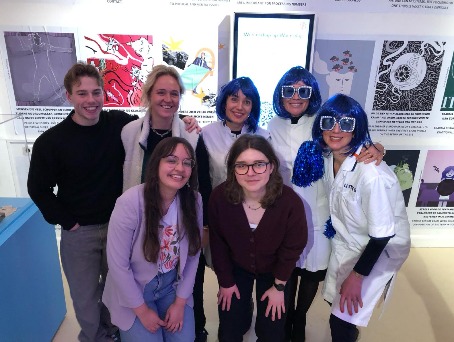
Franciska de Beer, Marjolein Viersen, Jort Noorman, Mary-Ann van der Linden, Misia Prycka, Mae Tol, Iris Sommer, Marie-José van Tol
Science on Wednsday is financed by 'Gewaardeerd!' of the Royal Netherlands Academy of Arts and Sciences
| Last modified: | 02 July 2025 5.17 p.m. |

